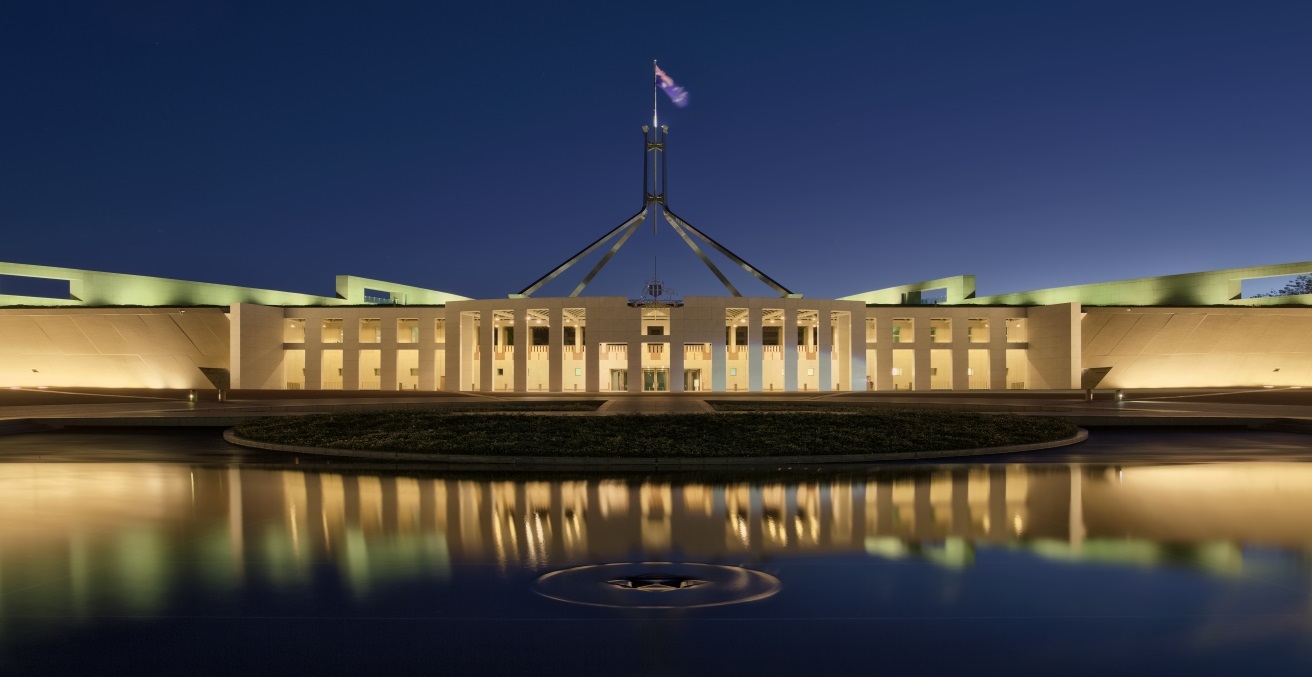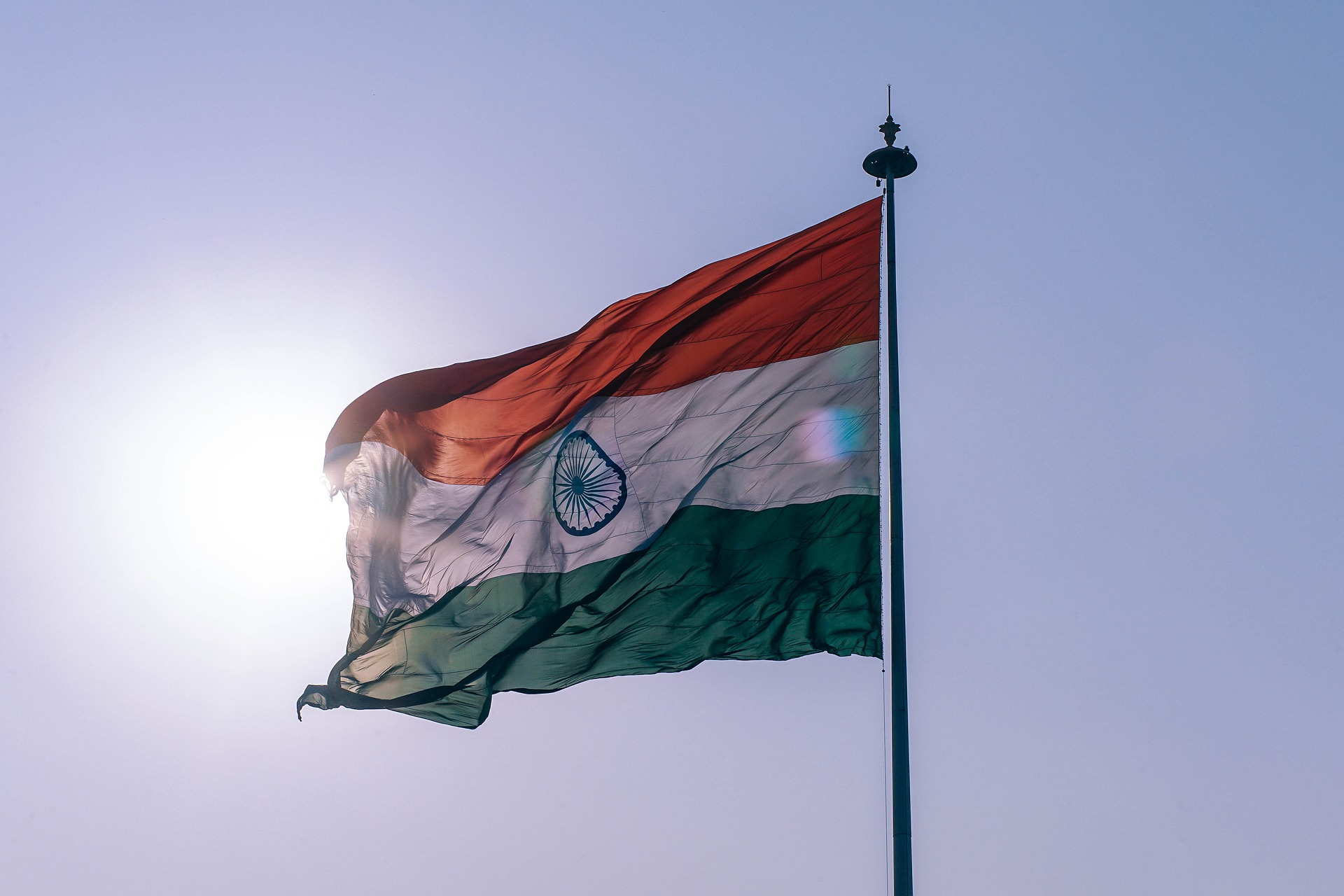The influence of Australia’s deterrence-based asylum policy is spreading across Europe and the United Kingdom, with serious consequences for both human rights and the rule of law. Obstacles to the implementation of “offshore processing” in particular might force States to refocus on their own asylum processing capabilities.
The prospect of “externalising” asylum has long featured in European debates about refugee policy, and has received renewed attention since 2015 when record numbers of people began arriving in the region, fleeing conflict and persecution in Syria, Afghanistan, Iraq, and elsewhere. Australian-style “offshore processing” – that is, the forced removal of asylum seekers to other countries to have their protection claims processed there – has particularly piqued the interest of some governments.
So far, the legal and practical challenges of such policies, as well as evidence that they do not work as a deterrent and impart a catastrophic human toll, appear to have dissuaded most countries from pursuing them. However, in a radical move in 2021, Denmark became the first European country to enact legislation allowing it to transfer people out of Europe for processing. Denmark’s plans to implement this policy, most likely in Rwanda, are currently on hold. Meanwhile, the spotlight has shifted to the UK, where successive Conservative governments have tried for two years to establish a form of “offshore processing” – also in Rwanda.
Announcing the Rwanda policy
In April 2022, then UK Prime Minister Boris Johnson announced that any asylum seekers entering the UK “illegally” might face deportation to Rwanda. The two countries entered into a Memorandum of Understanding establishing an “asylum partnership arrangement,” under which Rwanda agreed to receive asylum seekers, process their claims, and allow people recognised as refugees to settle permanently within its territory. In return, the UK offered significant financial incentives, and to resettle some refugees currently hosted in Rwanda.
This extraordinary move was purportedly an attempt to respond to an increase in the number of people crossing the Channel in small boats from France since 2020. Post-Brexit UK is no longer part of the “Dublin system,” a European regional responsibility-sharing framework under which a single country is identified as responsible for assessing an asylum seeker’s claim. Some commentators suggest that the UK government “either forgot or did not take it seriously” when negotiating its withdrawal from the European Union, leaving the UK without an effective mechanism to return asylum seekers to France. At the same time, delays and inefficiencies within the Home Office led to a growing backlog of asylum claims, triggering claims the asylum system was “broken.”
Implementing the Rwanda policy
By June 2022, as Johnson faced a vote of no confidence and growing political crises, a series of domestic legal challenges threatened to derail his Rwanda policy before it could begin. Despite Johnson taking aim at lawyers involved in these cases for “abetting the work of criminal gangs,” opposition came from all sides, including the senior leadership of the Church of England and, reportedly, the former Prince of Wales (now King Charles).
With legal challenges ongoing, a first group of seven asylum seekers was loaded onto a Boeing 767 on the evening of 14 June 2022. But an eleventh-hour petition to the European Court of Human Rights resulted in urgent interim measures which prevented at least one of the passengers from being deported until after his matter had been conclusively determined by UK courts. Within hours, the entire group disembarked, and the first flight to Rwanda was cancelled.
As the government pressed forward with a statutory framework for removals, an important legal challenge worked its way through the courts. Finally, in November 2023, the Supreme Court ruled that removal to Rwanda would be unlawful because there were substantial grounds for believing it would expose asylum seekers to real risks of ill-treatment – not necessarily in Rwanda itself, but as a consequence of being deported from Rwanda to other places where they might face persecution or other serious harm. Crucially, the Supreme Court found that “significant changes” to the culture and capacity of the Rwandan asylum system would need to be made before the UK could be satisfied that its policy was consistent with international law.
Response to the Supreme Court’s judgment
The path to this point had been difficult and costly for the UK government, which had already paid Rwanda more than £140 million. Rather than change course, however, it doubled down. In December 2023, the UK concluded a new treaty with Rwanda setting out assurances and safeguards intended to address the Supreme Court’s concerns about the safety of Rwanda for asylum seekers. It also introduced new legislation, the Safety of Rwanda (Asylum and Immigration) Bill, which would require every UK decision-maker – including judges – to treat Rwanda as a “safe country,” in all but the most limited circumstances.
The backlash was swift and widespread. The UN High Commissioner for Human Rights warned that the Bill contained “drastic measures” which threatened basic principles of the rule of law and human rights, and were “antithetical to even-handed justice.” The Law Society of England and Wales expressed grave concerns that the Bill demonstrated “a profound lack of respect for the rule of law and balance of powers.” Likewise, the UK Bar Council expressed concern about the Bill’s impact on the democratic separation of powers in the UK. Both bodies also highlighted the Bill’s likely incompatibility with international law, and the likelihood of legal challenges. Key to these concerns were findings by UNHCR, consistent with those of the Supreme Court, that deficiencies in Rwanda’s asylum system “would … require sustained, long term efforts, the results of which may only be assessed over time.”
When the Bill came before parliament earlier this year, Prime Minister Rishi Sunak faced his “heaviest defeat in the House of Lords.” Peers – including the Archbishop of Canterbury and former Conservative ministers – pushed for a series of amendments, triggering a parliamentary “ping-pong” between the House of Commons and the House of Lords. At the time of writing, the Bill continues to ping-pong between them, with the House of Lords insisting on amendments to address some of the Bill’s more egregious aspects.
What next?
Commentators have already begun to note that the UK government’s plan to deport a first planeload of asylum seekers to Rwanda this (northern hemisphere) spring is looking increasingly unlikely.
Meanwhile, in what may be a last-ditch effort to prove that the money sunk into the policy was not entirely wasted, the government is reported to have reached a new agreement with Rwanda under which asylum seekers whose protection claims have been rejected in the UK, and who have no right to remain in that country but cannot be returned to their home countries, can “volunteer” to relocate to Rwanda. In return, they will receive financial assistance packages and integration support in Rwanda.
As for the original plan, it may yet come to nothing more than an extraordinarily expensive political distraction. Opposition leader Sir Keir Starmer has long opposed the Rwanda plan as “unworkable” and “extortionate,” and already promised to reverse it if Labour wins at the next election. In the meantime, the legal and logistical hurdles may simply be too great for the policy to get off the ground. The UK may be forced to find a solution to Channel crossings closer to home – either by improving its own asylum system and processing claims itself, or continuing to cooperate with France and the EU to develop a new responsibility-sharing arrangement which meets the protection needs of displaced people.
Madeline Gleeson is a Senior Research Fellow at the Kaldor Centre for International Refugee Law at the University of New South Wales, Sydney.
This article is published under a Creative Commons Licence and may be republished with attribution.




